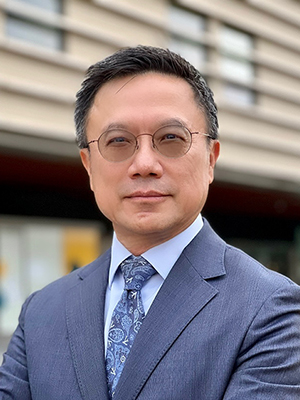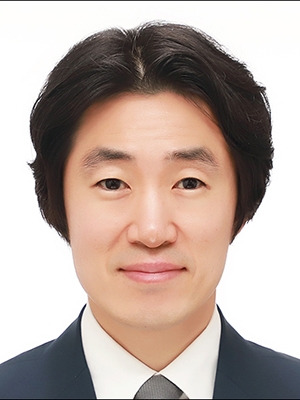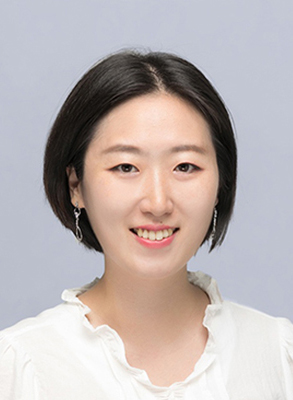 TCTAP announced Alan C. Yeung, MD (Stanford University Medicine, California, USA) as the winner of the 12th Master of the Masters Award.
TCTAP announced Alan C. Yeung, MD (Stanford University Medicine, California, USA) as the winner of the 12th Master of the Masters Award.
TCTAP awards the Master of the Masters each year to recognize an expert’s distinguished contribution to interventional cardiology and the growth of TCTAP since 2011.
Dr. Yeung addressed the evolution of interventional cardiology in the Asia-Pacific region and his research path in a special lecture titled “My 30-year Journey in the Evolution of Asia-Pacific Interventional Cardiology” during the awards session on Apr 28.
As a Hong Kong native, Dr. Yeung has led the advancement of international symposiums and training programs across the Asia Pacific since the 1990s with programs such as the Stanford Asia Cardiovascular Symposium and the Medtronic-sponsored MEDTAP Symposium.
“Over the past three decades, I saw three distinct periods in Asia-Pacific interventional cardiology,” he said. “We first learned how to perform the procedures from 1992-2002, then improved procedural outcomes with RCTs from 2003-2012, and are now assessing why we perform the procedures.”
Dr. Yeung highlighted the second decade as the “golden era” of Asia-Pacific interventional cardiology with the rise of new training platforms for upcoming cardiologists like TCTAP, China Interventional Therapeutics (CIT), MyLive, Taiwan Transcatheter Therapeutics (TTT), Advanced Stroke and Peripheral Interventions Course (ASPIC) and HKSTENT.
As for research, Dr. Yeung delved into the coronary physiology of endothelial dysfunction and intimal thickening after studying under Peter Ganz, MD (University of California, San Francisco, California, USA) and published works in top-tier journals including the New England Journal of Medicine (NEJM).
His research has since encompassed methods of assessing vascular endothelial function to improve coronary artery disease (CAD) stratification, atherosclerosis structure and function and intravascular ultrasound (IVUS), among others.
The recent focus on coronary physiology led to studies on fractional flow reserve (FFR) and index of microcirculatory resistance (IMR with notable involvement in the FAME 3 trial that compared FFR-guided percutaneous coronary intervention (PCI) versus coronary artery bypass graft (CABG) .
“The past three decades in interventional cardiology have been amazing,” Dr. Yeung said. “My journey in education and knowledge has been remarkable and, more importantly, the friendships I have made are to be treasured.”
“The world is so connected that it feels small at times, and the last few years have shown us that nothing can be taken for granted,” he said. “I would like to thank TCTAP for the Master of Masters and hope to share more experiences and knowledge in upcoming years.”
Dr. Yeung is an interventional cardiologist at Stanford Hospital who earned his bachelor's degree from the University of California, Berkeley, and his medical doctorate from Harvard Medical School in Boston, Massachusetts.
Edited by

Osung Kwon, MD
The Catholic University of Korea Eunpyeong St. Mary's Hospital, Korea (Republic of)
Written by



